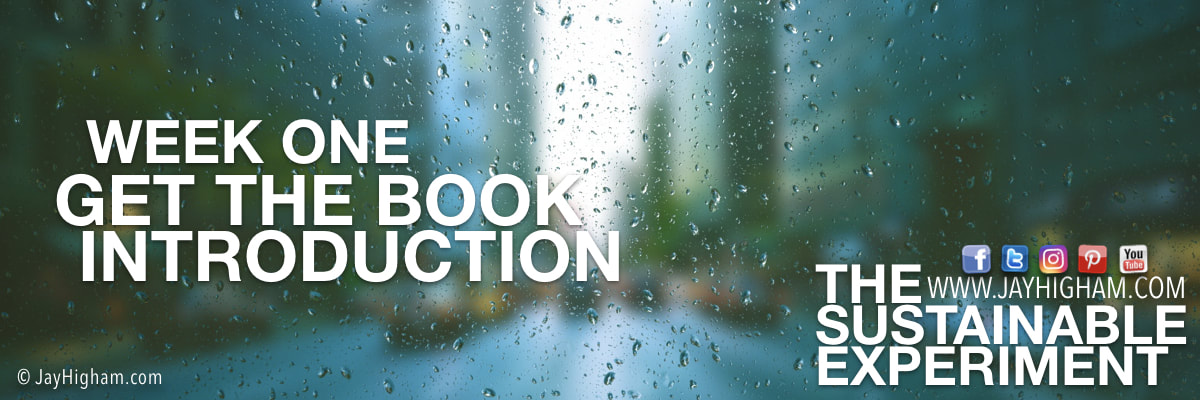|
So, I just finished re-reading the introduction as part of week one of The Sustainable Experiment. These four words, "Don't Hurry. Don't Settle." speak volumes to me. Coming at this experiment with some many years of experience, the sentiment couldn't be truer. It takes time to build a student ministry. But more than time, it takes intentionality.
For week one of The Sustainable Experiment, we are looking at the Introduction of the book, Sustainable Youth Ministry. I remember when I started youth ministry I didn't really know what I was doing. I thought I knew what I was doing, but I didn't. Sure, I knew about the games, the teaching, the relationships, the trips and retreats, and the weekend activities. But, when it came to building a ministry that would grow and maintain, well that was what was missing.
Youth ministry was still coming into it's own. Some guys had it figured out, so I thought. Me, I just focused on our students, getting to know them, being consistent, and loving them where they were. But running a program, maintaining the administrative stuff, budgeting, marketing, recruiting and training of leaders... It wasn't until I started attending NYWC, that I finally started thinking about student ministry as a long-term ministry. As the years progressed, I understood more about what it looked like to have purpose. For years I followed the purpose-driven model, and had great success with it. We saw the fruit of the model, but it took time. When I left my first full-time ministry, we were just coming into our own. Four years of work. 40-50 students weekly. More than 12 regular adult leaders. Tremendous parental support. And the respect of the congregation. Then we left. For us the youth worker, we need to determine which side of the coin we want to be on; the success or the frustration.
Don't Hurry. Don't Settle.
Don't hurry. Don't Settle.
If you are like me, and you want to build a healthy, thriving, long-lasting student ministry it begins with us slowing down and taking the time to do it the right way. I have to continually remind myself to slow down. I am a dreamer. I am always looking towards the day when there will be 100 students in our ministry. And, I believe I will see that...in time. Second, don't settle. What does that mean? Well, I know that Mark unpacks that in the chapters to come, but for now let's just say, if you're willing to put into the time and effort, be willing to establish your standards and then strive for them. Mark makes this statement, "...success in youth ministry is measured in decades, not in year-to-date comparisons with last year's..."2 We are on a journey to build something great; a sustainable youth ministry. No more short-cuts. No more fly-by-night. No more gambling on the next new thing. Let's build a sustainable youth ministries! - jay
Don't forget to do the questions in the back of the book!
After reading the Introduction, what do you think? How do you think your church will respond to your desire to build a sustainable youth ministry? Do you have the support of your current leadership team? Take a few minutes and share your thoughts in the comments below. I'd love to talk with you about what you might be facing as you begin this journey.
Endnotes:
1. Sustainable Youth Ministry, Mark DeVries, Introduction pg 11. 2. Sustainable Youth Ministry, Mark DeVries, Introduction pg 15.
0 Comments
Leave a Reply. |
AuthorJay Higham is a veteran youth worker of over 30 years; having worked with students in the local church and Christian camping settings. Jay is currently serving as the director of family ministry at a church, located in West Virginia. Jay has been married to Amy for over 25 years. Together, they are raising 5 kids, (4 boys and 1 girl). Jay is an aspiring author, blogger, speaker, vlogger, and social media junkie. He is passionate about student ministry, family ministry, and training youth workers to love and serve their students with passion and excellence. Archives
December 2023
Categories
All
|




 RSS Feed
RSS Feed


